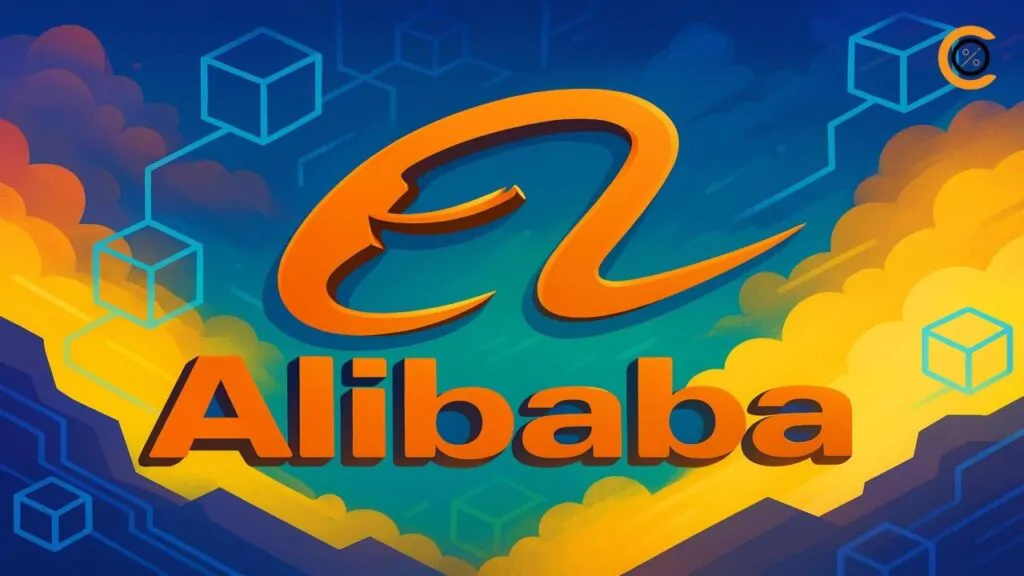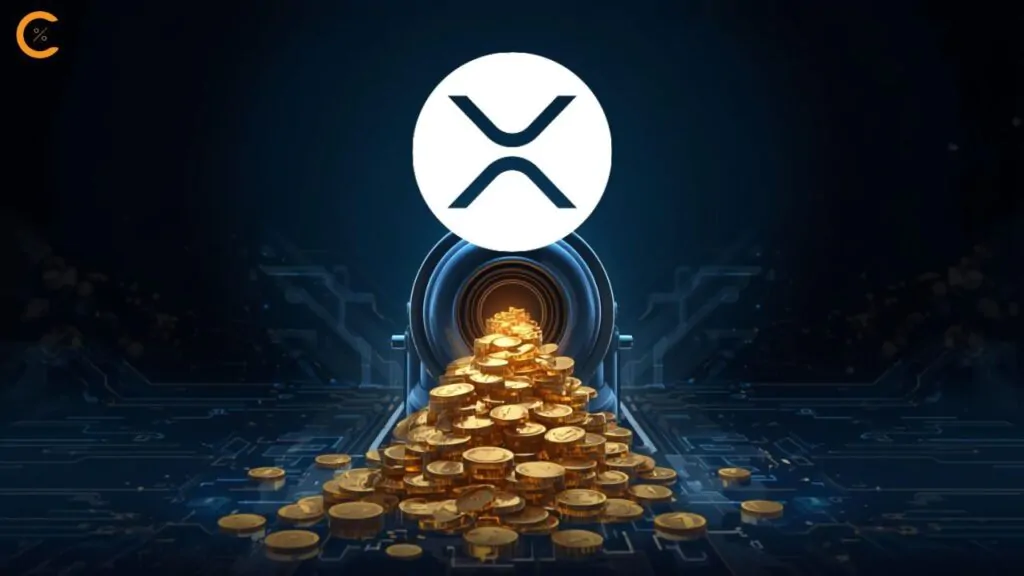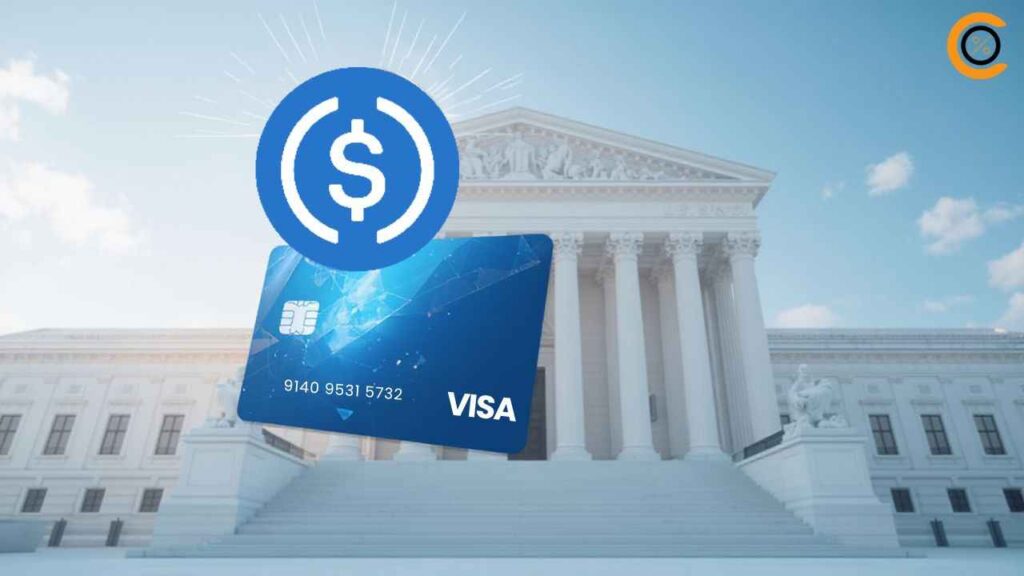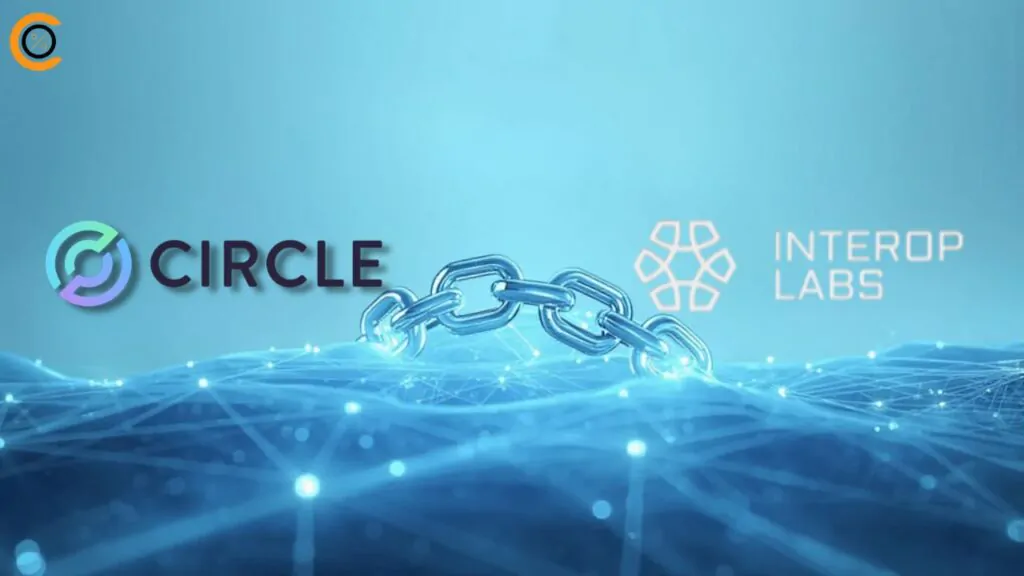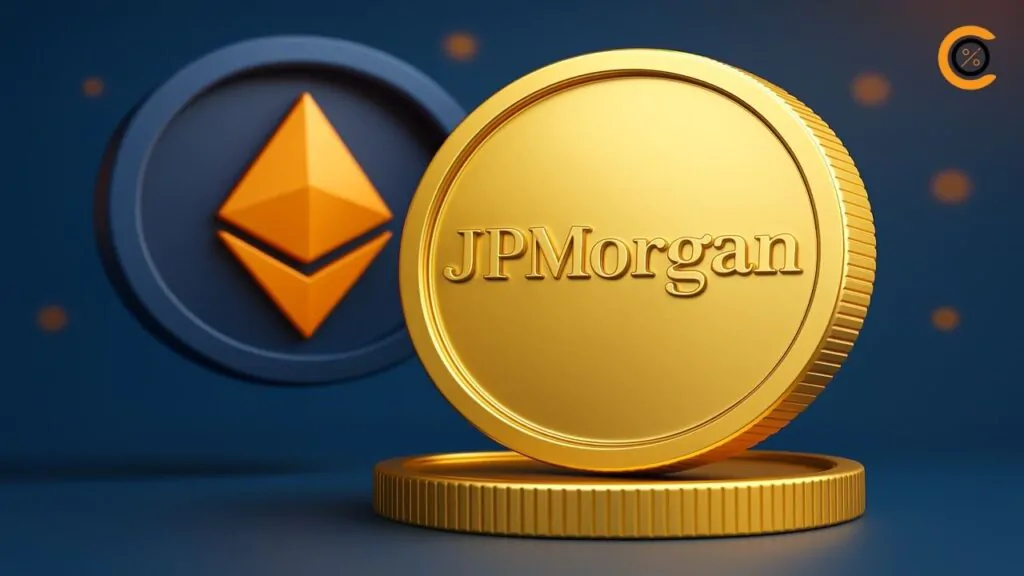- •Alibaba plans to use JPMorgan’s blockchain system to move tokenized versions of the U.S. dollar and euro for faster cross-border payments.
- •The company will start with tokenized bank deposits instead of stablecoins to keep the process regulated and operationally clear.
- •Alibaba has not shared a rollout timeline yet, but the goal is to reduce intermediaries and make international settlements more efficient.
Alibaba to Use JPMorgan’s Blockchain for tokenized payments marks a notable shift in how the company approaches cross-border transactions on its global B2B platform. The move comes at a time when digital settlement systems are gaining traction, and Alibaba.com appears to be positioning itself for faster and more predictable international payments. The company’s leadership explained the plan in recent conversations with CNBC, giving a clearer picture of how blockchain will support global buyers and suppliers who rely on its marketplace. It sets the stage for a transition that focuses more on efficiency than experimentation, with Alibaba pointing to regulated tokenized deposits rather than speculative digital assets.
Alibaba’s Direction Toward Tokenized Payments
Alibaba confirmed that its cross-border business arm plans to incorporate tokenization into its payment flows. According to Kuo Zhang, president of Alibaba.com, the platform will begin using tokenized deposits backed by fiat currencies including the U.S. dollar and the euro. Zhang outlined that the effort centers on simplifying international transactions, where payments often pass through multiple institutions before reaching a supplier.
With the new model, a buyer’s digital dollar or euro would move across a blockchain system in a more direct path. This reduces the need for several intermediaries and may remove some friction typically seen in cross-border settlements. The plan is being built in partnership with JPMorgan, which provides the underlying infrastructure for the project.
How JPMorgan’s Blockchain Fits In
Alibaba.com will rely on JPMorgan’s JPMD blockchain infrastructure. This system is designed to transfer tokenized bank deposits between regulated institutional clients. Unlike stablecoins, which are commonly issued by non-bank firms and backed by assets such as treasury bills, tokenized deposits remain on a bank’s balance sheet. This distinction offers Alibaba a clearer regulatory structure as it moves into digital settlement.
Zhang told CNBC that while the company may explore stablecoins at a later stage, the immediate priority is to start with bank-issued digital tokens. The intention is to maintain operational clarity and ensure the payment flow sits firmly within established regulatory frameworks.
Related read: JPMorgan Introduces Kinexys Fund Flow for Tokenized Private Fund Transactions
Why Alibaba Is Making the Shift
Cross-border e-commerce often involves complex money flows that include correspondent banks, conversion steps, and settlement delays. A U.S. buyer sending funds to a supplier in China may see the payment routed through several institutions before delivery. Alibaba’s transition toward blockchain-based settlement is meant to streamline this process.
The company is also expanding its broader digital toolset. Alongside blockchain integration, its cross-border arm recently launched new AI features aimed at improving how suppliers and buyers connect on the platform. These additions reflect a broader effort to strengthen the infrastructure that supports global trade across Alibaba.com.
Also read: EU Moves Toward Centralized Crypto Oversight: What’s Changing?
What’s Next for the Initiative
Some elements of the rollout are still developing. Alibaba has not provided a specific timeline for when tokenized payments will be fully operational, and details on which markets will be included first remain limited. The company has only stated that the initial focus will be on using tokenized deposits built through its collaboration with JPMorgan, while the possibility of stablecoin usage is still under consideration.
Closing Thoughts
Alibaba to Use JPMorgan’s Blockchain for tokenized payments signals a practical shift toward modernizing international settlements on its B2B platform. The company is starting with regulated digital deposits to keep the transition predictable and compliant while exploring broader options for the future. As the system evolves, buyers and suppliers may see a more direct and efficient payment experience, though some rollout details are still pending clarification.


